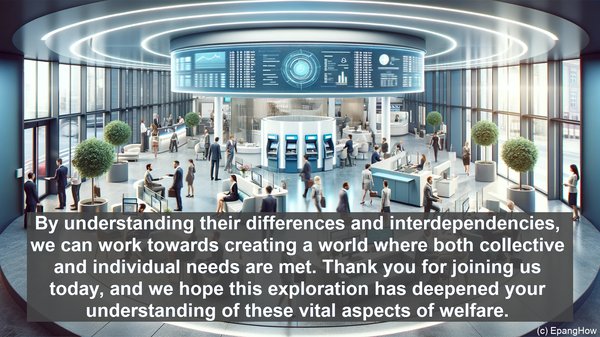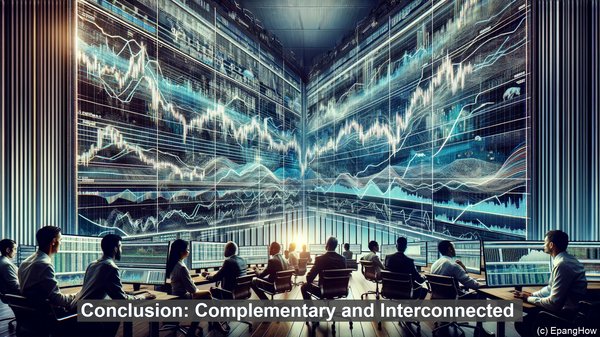Introduction: The Essence of Welfare
Hello everyone! When we talk about welfare, we often encounter two terms: social welfare and individual welfare. While they may sound similar, they have distinct meanings and implications. Today, we’ll explore the differences between these two concepts, understanding their significance in society and for individuals.

Defining Social Welfare
Social welfare refers to the well-being and quality of life of an entire community or society. It encompasses various aspects, such as access to healthcare, education, housing, and employment opportunities. The goal of social welfare is to ensure that every member of society has a certain standard of living, regardless of their individual circumstances.

The Role of Government in Social Welfare
Governments often play a crucial role in promoting social welfare. They establish policies, programs, and institutions to address societal needs. For instance, a government might implement a healthcare system that provides affordable or free medical services to all citizens. By doing so, they aim to reduce disparities and create a more equitable society.
Individual Welfare: A Personal Perspective
On the other hand, individual welfare focuses on the well-being of a specific person. It takes into account their unique circumstances, needs, and aspirations. Individual welfare can be influenced by various factors, including income, education, and personal choices. Unlike social welfare, which has a collective dimension, individual welfare is more personalized and subjective.
The Importance of Balancing Social and Individual Welfare
While social welfare is crucial for ensuring a just and inclusive society, individual welfare is equally significant. A society that only prioritizes social welfare without considering individual needs may risk stifling personal freedoms and aspirations. Conversely, a focus solely on individual welfare might lead to inequalities and neglect of marginalized groups. Striking a balance between these two is essential for a harmonious and equitable society.
